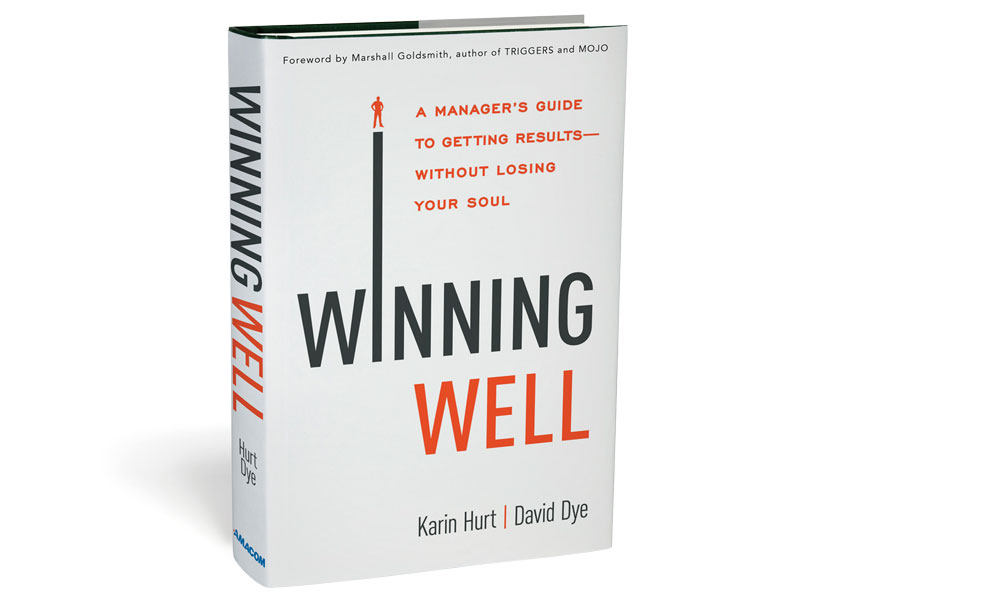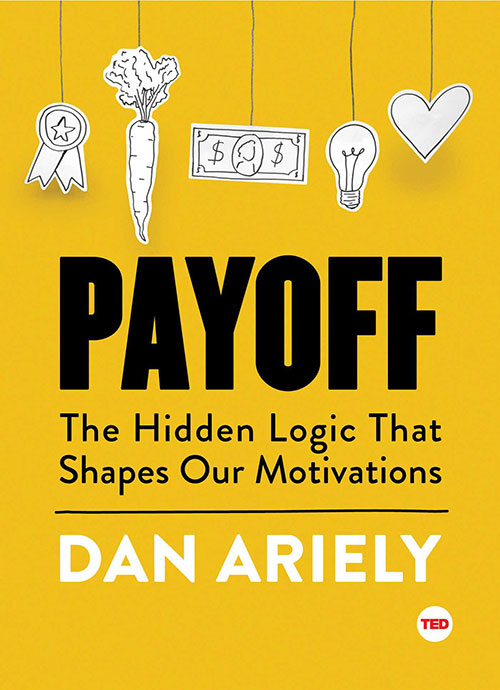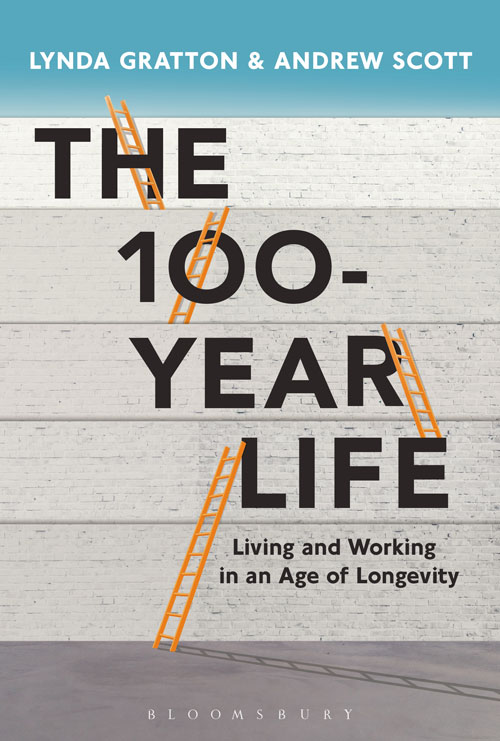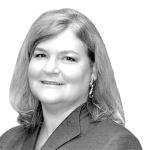
Books: Well Managed
Karin Hurt and David Dye's Winning Well offers tips on how to build the best team possible.
Winning Well: A Manager’s Guide to Getting Results Without Losing Your Soul
By Karin Hurt and David Dye; AMACOM; 257 pages; $24.95
In a profession where the impact of our work literally can change the world, results-driven management is essential. That doesn’t mean it’s easy.
Winning Well: A Manager’s Guide to Getting Results Without Losing Your Soul serves as a pointed reminder that four principles steer leaders committed to “winning well.”
Although authors Karin Hurt and David Dye don’t break new ground, they do a superb job of demonstrating the organizational acceleration and positive culture that can result from good management habits merged with systematized “key success behaviors” and understanding of human nature.
In the chapter “Inspire Your Team to Double Productivity,” for instance, the authors urge managers not to underestimate the need to connect individuals to “real meaning, purpose, and their own ability to succeed.” Drilling in the difference an individual’s work makes to the larger organizational mission should be a near-daily to-do of winning managers, and when you’re sick of pointing out the connection, repeat again. People never tire of hearing they matter.
Winning Well provides flip-through guidance and stories on everything from delegating effectively to creating dashboards to shifting team dynamics. Thoughtful questions and a mini “Winning Well Action Plan” bookmark each chapter, but you’ll get a more robust reading experience if you download the Winning Well Tool Kit.
You need to manage yourself as well, say Hurt and Dye. Ongoing self-assessments, solicitation of honest feedback, and avoidance of self-sabotage make “winning well” easier.
A solid how-to and here’s-why for managers at any level.
Payoff: The Hidden Logic That Shapes Our Motivations
By Dan Ariely; TED Books/Simon & Schuster; 112 pages; $16.99
what inspires us to work weekends or jog while tired? Job security, a healthy body? We’re not that simple.
In this new TED Book, author Dan Ariely dives into the tricky art of motivating yourself and others. He bases this rapid read not only on his research as a Duke University psychology professor, but also on his personal journey as a burn patient injured so severely that he spent three years in the hospital.
Among Ariely’s work-related conclusions are that monetary bonuses fail as motivators. What succeeds, especially long term, are incentives deemed personal and meaningful, like public praise and handwritten notes.
Because each worker is unique, organizations shouldn’t treat labor in “countable dimensions” when the “exchange of trust and goodwill”—uncountable dimensions—“is an important and inherent part of human motivation.”
The 100-Year Life: Living and Working in an Age of Longevity
By Lynda Gratton and Andrew Scott; Bloomsbury Information, Ltd.; 280 pages; $28
spurning the usual life trajectory of education, employment, and retirement, these two London Business School professors lay out an “extraordinary transition” emerging for a population that increasingly will live past 100 years old.
More than half of people in their 60s will reach age 90 and older, offering workers plenty of years for success in two or three careers, according to these respected thought leaders.
Such a shift—combined with the probable financial reality that many people will need to work into their 70s and 80s—likely will force employers to create more flexible working options to accommodate redefined life stages. From relationships to adult learning to workplace benefits, a dramatic reshaping of societal norms comes with rising longevity.








Comments